Coping with Coronavirus in the LGBTQIA+ Community
Lately, it feels like the whole world is talking about vulnerable populations. The elderly, the immuno-compromised, and people with pre-existing health conditions such as diabetes. For the LGBTQIA+ community, the concept of vulnerable populations is anything but new–in fact, it’s a daily experience of living in insecurity for housing, food, and access to mental health care. If anything, it feels like the world is finally taking notice of something that the LGBTQIA+ community has known about for a very long time.
Is the LGBTQIA+ community considered a vulnerable population in the context of coronavirus? The answer is complicated because of something called the social determinants of health. In public health, social determinants of health is the idea that there are a series of factors that predict health outcomes in certain populations. For example, certain populations are more likely to experience economic hardships based on their immigration status. In the LGBTQIA+ community, there exists several social determinants that make them more vulnerable in these times: they are more likely to experience housing discrimination and insecurity; discrimination in medical care; and have higher rates of HIV and other medical conditions than the general population.
Coronavirus has also led to economic insecurity for vast amounts of people, which means that many young people in particular are being faced with moving back in with family temporarily. While this is an option for many people, there is vulnerability here with the LGBTQIA+ population. Many in this community have been made to feel unwelcome in their family of origin and the idea of living at home with them indefinitely is posing challenges.
One important aspect for the LGBTQIA+ community are the physical spaces that are safe: these are sometimes clubhouses, coffee shops, bookstores, clubs, and other social gathering spaces. The pause button has been indefinitely pressed for all in-person group activities, and yet, the emotional need for community does not disappear. For many, it may be even more critical for reasons related to mental health.
